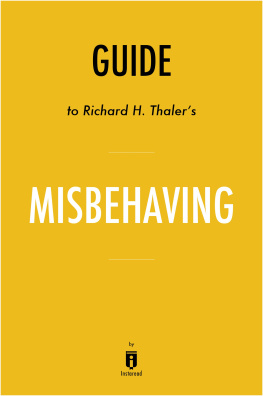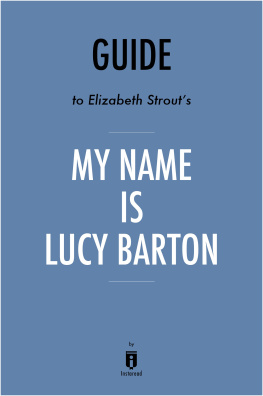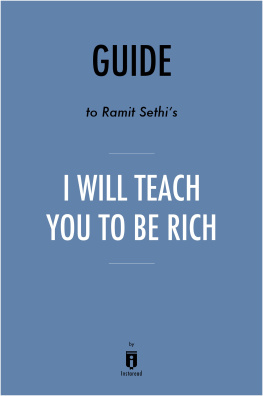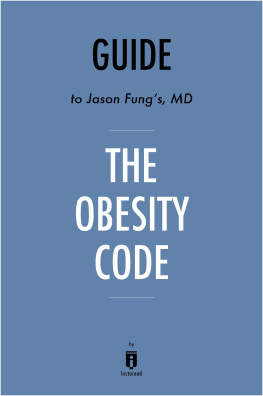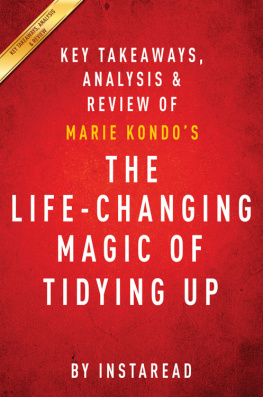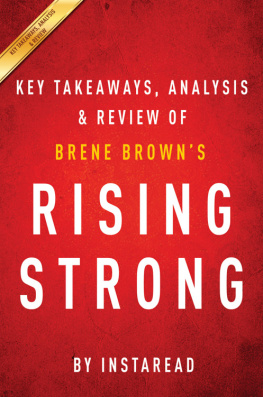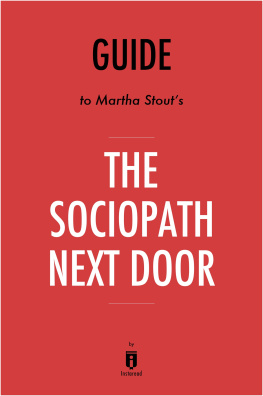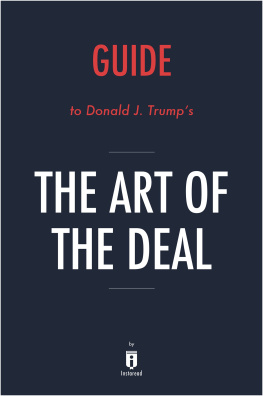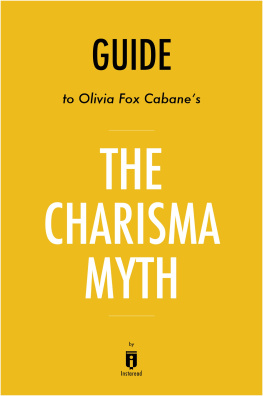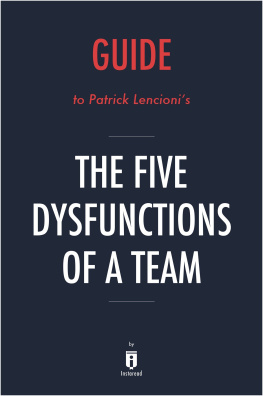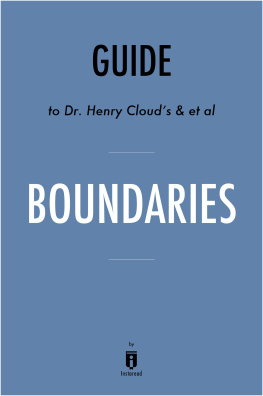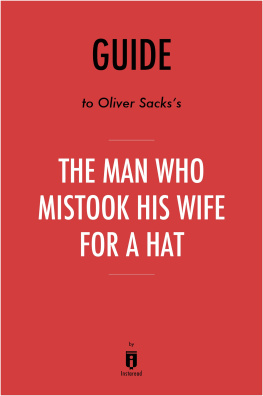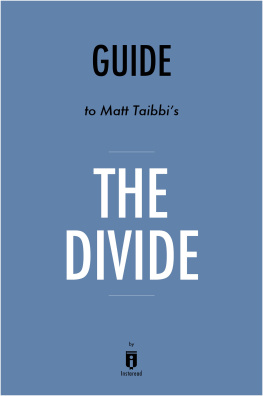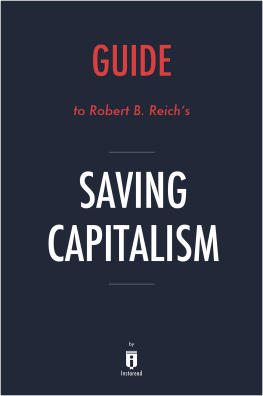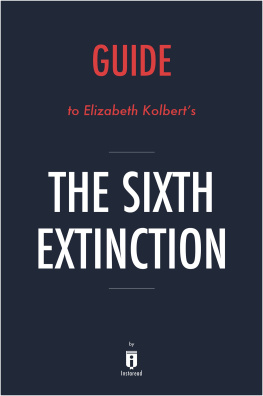. Instaread - Misbehaving: The Making of Behavioral Economics by Richard H. Thaler
Here you can read online . Instaread - Misbehaving: The Making of Behavioral Economics by Richard H. Thaler full text of the book (entire story) in english for free. Download pdf and epub, get meaning, cover and reviews about this ebook. year: 2016, publisher: iDreamBooks Inc, genre: Politics. Description of the work, (preface) as well as reviews are available. Best literature library LitArk.com created for fans of good reading and offers a wide selection of genres:
Romance novel
Science fiction
Adventure
Detective
Science
History
Home and family
Prose
Art
Politics
Computer
Non-fiction
Religion
Business
Children
Humor
Choose a favorite category and find really read worthwhile books. Enjoy immersion in the world of imagination, feel the emotions of the characters or learn something new for yourself, make an fascinating discovery.
Misbehaving: The Making of Behavioral Economics by Richard H. Thaler: summary, description and annotation
We offer to read an annotation, description, summary or preface (depends on what the author of the book "Misbehaving: The Making of Behavioral Economics by Richard H. Thaler" wrote himself). If you haven't found the necessary information about the book — write in the comments, we will try to find it.
Inside this Instaread of Misbehaving:
Overview of the book
Important People
Key Takeaways
Analysis of Key Takeaways
Misbehaving: The Making of Behavioral Economics by Richard H. Thaler — read online for free the complete book (whole text) full work
Below is the text of the book, divided by pages. System saving the place of the last page read, allows you to conveniently read the book "Misbehaving: The Making of Behavioral Economics by Richard H. Thaler" online for free, without having to search again every time where you left off. Put a bookmark, and you can go to the page where you finished reading at any time.
Font size:
Interval:
Bookmark:
Guide to
Richard H. Thalers
Misbehaving
The Making of Behavioral Economics
by
Instaread
Please Note
This is a companion to the original book.
Copyright 2016 by Instaread. All rights reserved worldwide. No part of this publication may be reproduced or transmitted in any form without the prior written consent of the publisher.
Limit of Liability/Disclaimer of Warranty: The publisher and author make no representations or warranties with respect to the accuracy or completeness of these contents and disclaim all warranties such as warranties of fitness for a particular purpose. The author or publisher is not liable for any damages whatsoever. The fact that an individual or organization is referred to in this document as a citation or source of information does not imply that the author or publisher endorses the information that the individual or organization provided. This concise companion is unofficial and is not authorized, approved, licensed, or endorsed by the original books author or publisher.
Table of Contents
Misbehaving: The Making of Behavioral Economics is an introduction to behavioral economics and an account of Richard H. Thalers role in developing and popularizing the field.
The traditional economic theory of the 1970s presumed that people made economic decisions rationally. In this economic vision, rational individualsor Econs, as Thaler calls themknow what they want, and they know how much they value the things they want.
Behavioral economics, on the other hand, argues that the world is populated not by Econs, but by Humans. Humans are not always rational. They dont always know what they want, or how much they value the things they want. In terms of traditional economic theory, Humans misbehave.
Economists used to dismiss Human misbehavior. They thought it had little effect on important decisions in finance or government. But Thaler and other behavioral economists have shown that this is not true. In fact, the misbehavior of Humans has a huge effect on these fields. For example, Human misbehavior was responsible for the housing bubble and the 2008 financial crisis.
Behavioral economists have also shown that in order to understand and predict Human misbehavior, economists need to conduct experiments and surveys of real people. The data collected can then be used to help individuals make better choices. Behavioral economics is thus the key to better public policy. Its success has changed economics and has the potential to change the world for the better.
Richard H. Thaler is the author of Misbehaving. He is a behavioral economist and currently a professor in behavioral science and economics at the University of Chicago Booth School of Business. Thaler has written numerous academic articles about behavioral economics, as well as popular books on the subject for the lay reader, including The Winners Curse: Paradoxes and Anomalies of Economic Life (1992) and Nudge: Improving Decisions About Health, Wealth, and Happiness (2008), co-authored with Cass Sunstein.
Daniel Kahneman is an Israeli-American psychologist. He was awarded the 2002 Nobel Prize in Economics for his work on behavioral economics and decision-making. He is the author of the bestseller Thinking, Fast and Slow (2011).
Cass Sunstein is an American legal scholar and behavioral economist. He served as administrator of the White House Office of Information and Regulatory Affairs in the Obama administration. Sunstein has written numerous books, including Law and Happiness (2010), with Eric A. Posner; Simpler: The Future of Government (2013), and Nudge, co-authored with Richard H. Thaler.
Amos Tversky is a cognitive scientist who studied bias in human decision-making. Tversky died in 1996; six years later, his collaborator Daniel Kahneman received a Nobel Prize in economics for the work they had done together.
- Behavioral economics has caused, or has the potential to cause, a paradigm shift in economics.
- Traditional economic theory says that people make decisions rationally. The field of behavioral economics shows that this is wrong.
- Traditional economic theory says that even if people are irrational, the market will reward those who are rational. Behavioral economics demonstrates why this is wrong.
- Economists should use survey data and experiments to study how people make economic choices.
- People value money or goods they have in hand more than the exact same money or goods in someone elses possession. As a result, people hate losing money more than they like gaining money.
- People do not exercise perfect self-control when making economic decisions.
- What people are willing to pay depends on their perception of what they should have to pay. The perceived fairness of a price can be more important than the price itself.
- Loss aversion and poor management can cause businesses to be too risk averse.
- Since people often make poor, irrational choices, it is ethical to help people make better choices.
Behavioral economics has caused, or has the potential to cause, a paradigm shift in economics.
Analysis
Paradigm shift is a term coined by philosopher Thomas Kuhn. Kuhns The Structure of Scientific Revolutions, published in 1972, argued that the conventional way of thinking about scientific progress was wrong. [1] Before Kuhns book was published, most people argued that science advanced by discovering new facts. In this way, the accretion of more and more facts allowed people to get a better and better picture of the way the world worked.
Kuhn argued that science doesnt actually work this way. Instead, he said, scientists develop theories. These theories help scientist organize facts. Thus, the idea that the sun orbited the earth was used as the basis for models which accounted for many complexities of planetary motion. There will always be facts that dont fit a theory, or that have to be explained away. Sometimes, however, Kuhn explained, these aberrant facts become so insistent that they lead to huge shifts in scientific theoryor to what Kuhn called paradigm shifts. In the case of the solar system, astronomers were confronted with so many contradictions to the geocentric model that the model was changed to have the earth orbiting the sun, and not vice versa. All the old facts took on new meaning in the new system.
Behavioral economics has the potential to cause such a paradigm shift in economics. Rather than looking at economic theory to describe human behavior, behavioral economics encourages economists to study human behavior in order to adjust and reinterpret economic theory. This can transform understanding of economic action, and allow economists to develop powerful new insights, improve peoples lives, and develop better governmental policies. For instance, behavioral economics could focus economists on studying how financial traders make decisions, which could help develop regulations to prevent future financial bubbles and collapses.
Traditional economic theory says that people make decisions rationally. The field of behavioral economics shows that this is wrong.
Analysis
In traditional economic theory, individuals are rational actors. Imagine that a rational economic actor, or an Econ, wanted to buy an awesome new Led Zeppelin box set. But the box set costs $250. The Econ knows she cant afford the box set. She has a family. She needs to pay rent and buy groceries, and is behind on her credit card bill. No Led Zeppelin for her. But then, the Econs friend buys her the box set for her birthday. The good, rational Econ cheers to herself, and then she goes online and sells the box set for $250 to pay down her credit card bill and save money on interest. The birthday gift doesnt change the Econs financial situation. She still cant afford the box set.
Next pageFont size:
Interval:
Bookmark:
Similar books «Misbehaving: The Making of Behavioral Economics by Richard H. Thaler»
Look at similar books to Misbehaving: The Making of Behavioral Economics by Richard H. Thaler. We have selected literature similar in name and meaning in the hope of providing readers with more options to find new, interesting, not yet read works.
Discussion, reviews of the book Misbehaving: The Making of Behavioral Economics by Richard H. Thaler and just readers' own opinions. Leave your comments, write what you think about the work, its meaning or the main characters. Specify what exactly you liked and what you didn't like, and why you think so.

